How Did Corporations Make It Difficult for Small Farmers
At Honey Care Africa we partner with smallholder farmers across East Africa to strengthen incomes and. Lower rates from the railroads than.

How America S Food Giants Swallowed The Family Farms Environment The Guardian
The need around the world for more food and more diverse types of foods gives these small farmers great opportunity but the challenges they face are significant also.
. In the years between 1870 and 1897 many farmers lost their farms while others struggled to make ends meet. The deepening crisis for small farms has fueled scrutiny of trade aid which sent millions to agricultural corporations including a Brazilian-owned meat processor in its initial phases. How did corporations make it difficult for small farmers to compete in the late 19th century Get the answers you need now.
Now through the rulemaking process the FDA is trying to change the law in such a way that the hard-won exceptions provided by the Tester-Hagan Amendment are endangered. Last time I checked everyone I know is eating several times a day. One doesnt need large tracts of land to be a millionaire in.
These larger farms allow the corporations to make huge profits but it also started forcing prices down making the smaller farm sell their products at. They charged money for access to water. Average selling price is Rs1500- per kg.
The more owners a corporation has and the more complex the corporations business the more steps may be involved in properly incorporating the business. Big farms and processed food companies and their allies at the USDA and FDA did not like it because they feel threatened by competition from natural food producers. Thats an average of 356 farms a week.
Answer 1 of 7. It doesnt make sense that farmers are going broke. These laws are invariably referred to as corporate farming or.
The federal tax code. And multiply that by 15 hectares. For small businesses navigating the complexities of the federal tax code is more of a burden than the money they lose to the.
Theres more to taxes than paying them. In the 1870s and 80s this collectivist movement grew into the National Farmers Alliance. Thats Rs3750000- or 50000 per hectare per year.
Wheat fell from 106 per bushel to 63 per bushel. What did corporations do to make it difficult for small farmers to compete in the marketplace in the late 19th century. Before I set out trying to answer this question I had to define what constitutes a living.
The cooperative businesses set up by the National Farmers Alliance ultimately could not compete with the large corporate entities that controlled most of the transportation and distribution of agricultural products at the time but by the end of the century the movement. Smallholder farmers working in rural areas dominate agribusiness in Africa. As farmers sold to bigger operations the local businesses that were dependent on small farmers went belly-up too.
It affects researchers and farmers alike neither of whom can access seeds without the permission of the patent holder with scientists paying the costs of licensing fees and farmers the price. Our yields are 2500 kgs per hectare. These steps are the minimum and are sufficient for many small businesses like farmers markets.
The corporations got lower rates from the railroads than small farmers did. In that period the prices of crops dropped steadily. I decided making a living meant three things.
Big farms set high barriers of entry for small ones making it difficult for operations such as Salatins to compete. What did corporations do to make it difficult for small farmers to compete in the marketplace in the late 19th century. Many farmers also had already planted their spring crops by the time the pandemic hit making it impossible to shift to the type or volume of crops required by CSA subscribers.
Corn fell from 43 per bushel to 29 per bushel. The place where the Kalbachs buy chemicals is now 75 miles away. About 98 percent of our food comes from farms.
Whether its subsidies crop insurance federal regulations or even. Big companies were unable to get enough supplies from all these small farmers and so they started opening their own farms. Most of the 75 billion people on the planet are eating something every day.
Several statesnine at last check simply dont permit or severely restrict corporate ownership of US. Others lost off-farm jobs which are. They charged money for access to water.
Creating a corporation involves the following steps. Some farmers also couldnt find enough workers as farmworkers tested positive for COVID-19 or opted to shelter in place and receive unemployment. Its awkward but not difficult.
And cotton fell from fifteen cents a pound to five cents a pound.

Growing Corporate Hold On Farmland Risky For World Food Security Our World
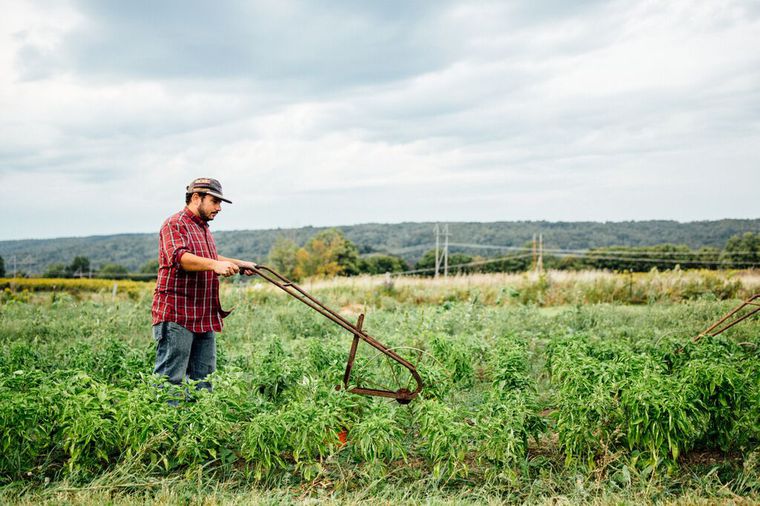
Common Problems For Small Farmers And How To Overcome Them Welp Magazine

Graphic By Paula Jaramillo Food First Research Intern Benefits And Limitations Of Urban Farming Food Infographic College Life Hacks Reduce Energy

The Growing Corporate Control Of Our Food Supply Sustainable Food Food Supply Growing
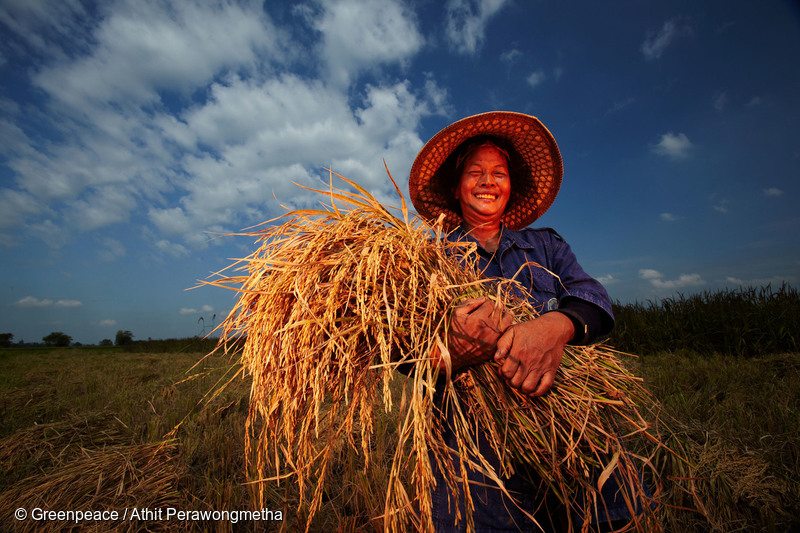
Support Small Farmers Greenpeace Usa

For Small Farms Surviving The Pandemic Co Ops Are A Lifeline Civil Eats
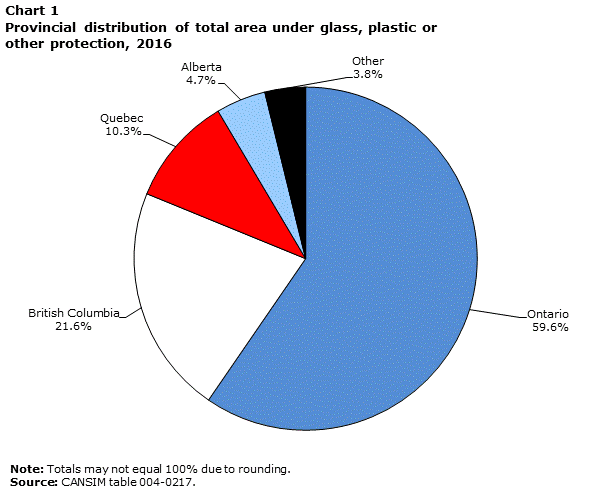
Small Farms And Direct Marketing Play A Large Role In British Columbia
The State Led Decline Of Subsistance Farming In Morocco War On Want

Battle To Feed The World Pits Small Farmers Against Big Agriculture Global Development The Guardian

What Small Farms Need To Compete With Corporate Food Yes Magazine
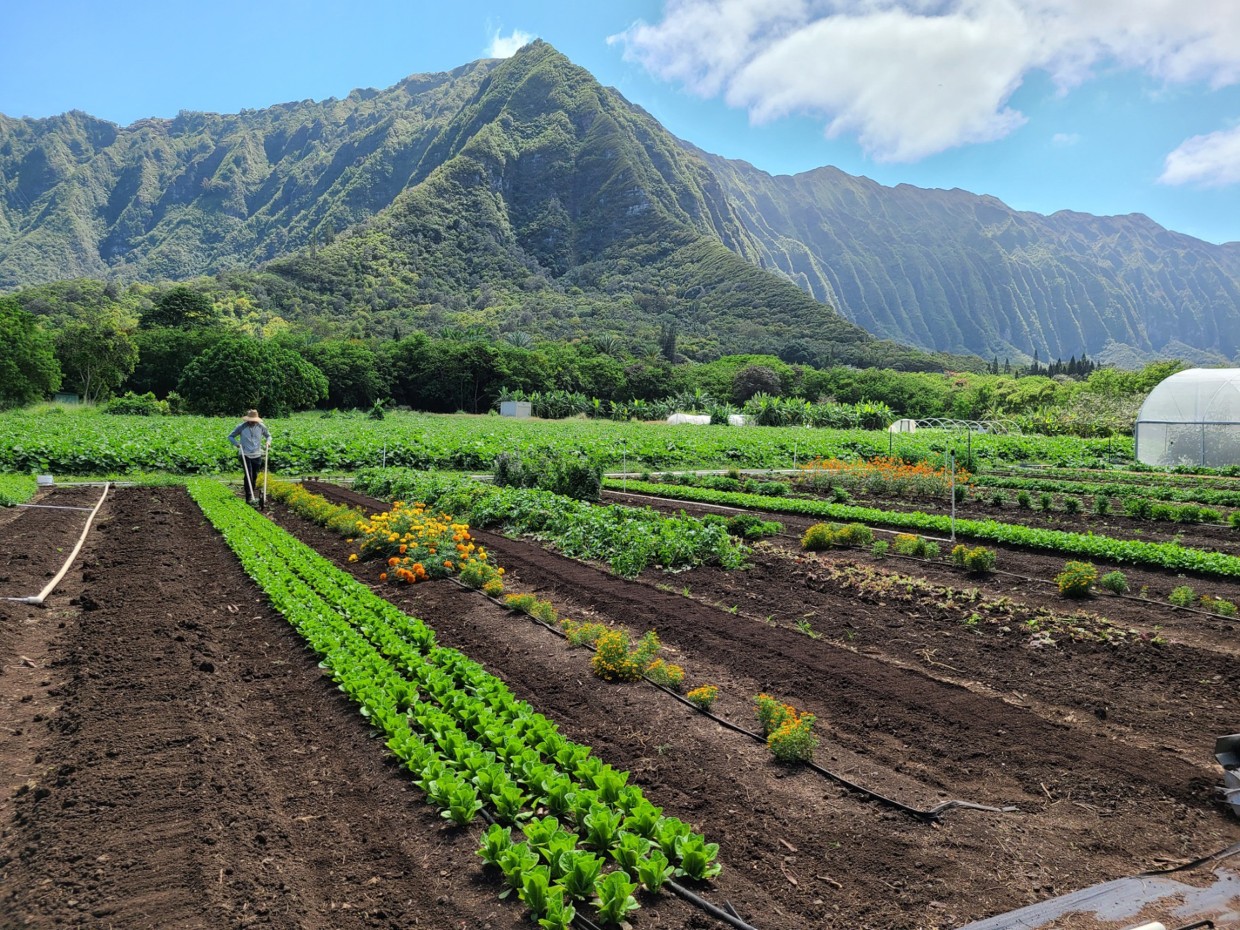
Small Farmers Left Behind In Trump Administration S Covid 19 Relief Package

How Big Ag Is Preventing Farmers From Combating The Climate Crisis Rolling Stone
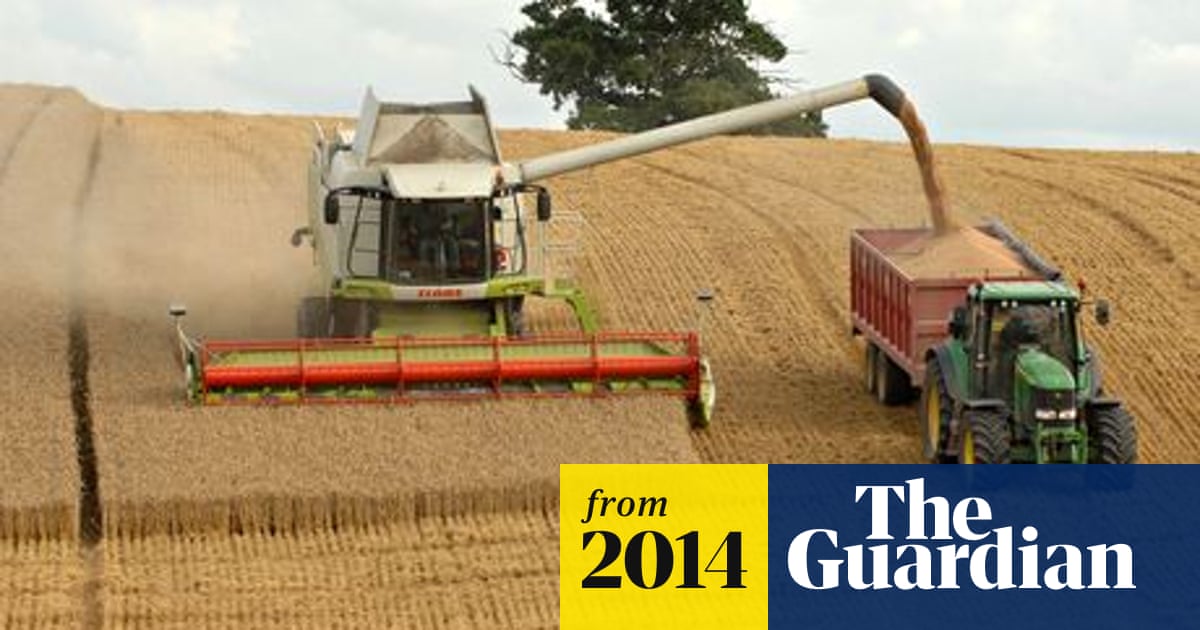
Corporate Stranglehold Of Farmland A Risk To World Food Security Study Says Farming The Guardian
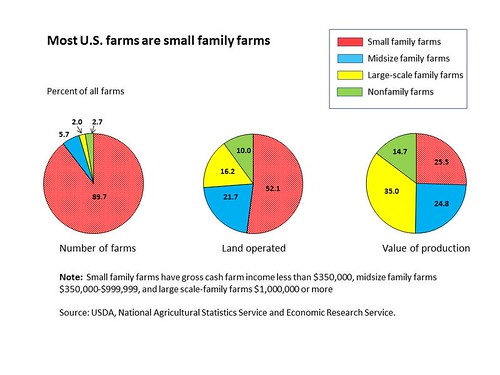
U S Farms Large And Small Usda

Helping Smallholder Farmers Agriculture Programs Technoserve

Op Ed How Patents Threaten Small Seed Companies Civil Eats
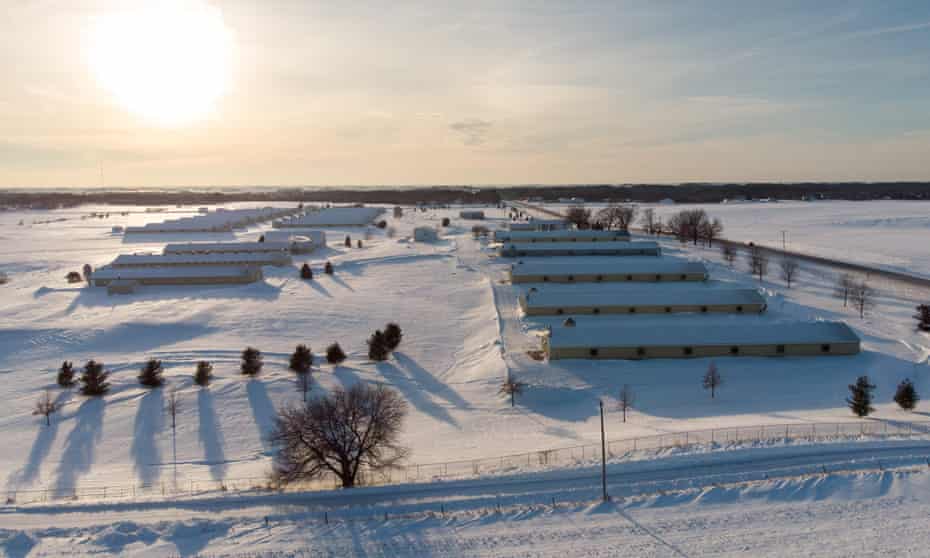
How America S Food Giants Swallowed The Family Farms Environment The Guardian

Monsanto S Cruel And Dangerous Monopolization On American Farming Vanity Fair

Growing Corporate Hold On Farmland Risky For World Food Security Our World